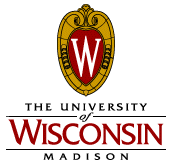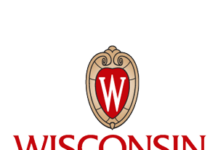 Recently, a study group submitted a report to Rebecca Blank, the chancellor of the University of Wisconsin-Madison, documenting the history of the relationship of the Ku Klux Klan to the campus community. Two student groups used the name of the Klan and some buildings on the campus are named after people who were affiliated with the Klan.
Recently, a study group submitted a report to Rebecca Blank, the chancellor of the University of Wisconsin-Madison, documenting the history of the relationship of the Ku Klux Klan to the campus community. Two student groups used the name of the Klan and some buildings on the campus are named after people who were affiliated with the Klan.
The committee recommended that no names of building be changed, but noted that had any of those honored participated in any violent acts as Klan members, their opinion would be different. But they found no such evidence during their investigations. The committee also stated that “we want our collective reckoning with this history to consist of a great deal more than the purging of unpleasant reminders. In our view, advice focused on the names of these facilities would provide a limited and unproductive form of healing for the wound this history represents.”
One of the most important findings of the report as stated by its authors is that “the history the University of Wisconsin needs to confront was not the aberrant work of a few individuals but a pervasive culture of racial and religious bigotry, casual and unexamined in its prevalence, in which exclusion and indignity were routine, sanctioned in the institution’s daily life, and unchallenged by its leaders.”
The report concludes that rather than “whitewashing” the university’s history: “We want the campus to acknowledge and respond to this history with a renewed awareness for the historic and contemporary challenges faced by underrepresented and minority students on our campus and with a renewed commitment of resources and energy to build a more equitable and inclusive campus community.”












